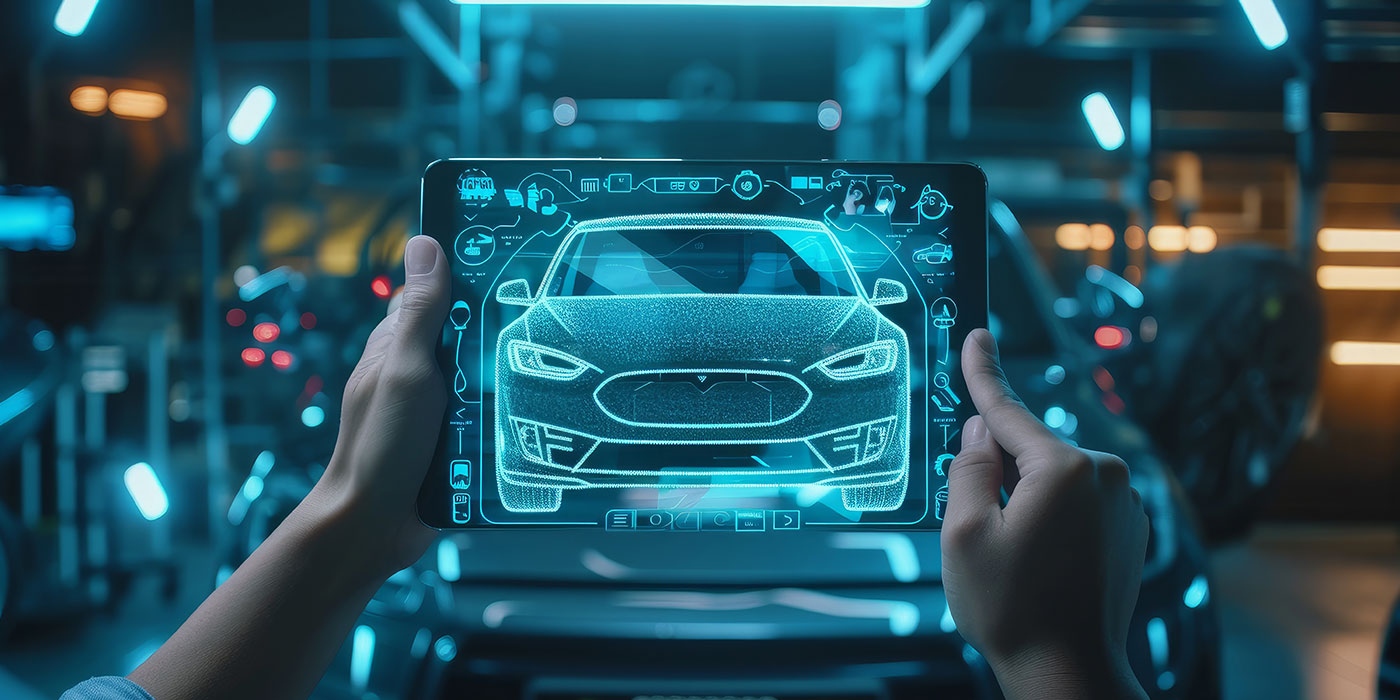One of the many common buzzwords resonating within the corporate world is culture. The idea that the environment, dictated by the economies of scale, are driving more efficiencies while improving client interactions.
Staffing levels are smaller than pre-COVID as companies learn to adapt to the changing environment. This strains resources as employees are asked to do more for less while organizations attempt to right-size expense lines.
In our ever-evolving business climate, who decides what is the right level of support? Who is setting the standards, the expectations and the rules? Does the CEO, Board of Directors, stockholders or the leadership team dictate those guidelines? What is the essential KPI for delivering a good customer experience? Given the impact of social media, is it important to engage the client digitally? What is more valuable to the business? A satisfied client or a loyal client?
Perhaps this is overstating the obvious, but the client sets the new standards of business. The strategies and tactics are developed to achieve that level of standards to serve the client. The executive leadership builds the strategies based on those standards and leadership develop the tactics. The team implements those tactics to deliver the service expectation. This cohesiveness is constructed from the core values.
The mediocrity of client engagement and declining profits are the breadcrumbs along the path. They indicate the disconnect between the culture and the community.
Businesses that have mindful awareness of their environments listen to the clients’ point of view. Similarly, this makes business a meritocracy and encourages business leaders to focus on quality, service and reputations since that’s easy to validate. Therefore, satisfaction is not a predictor any longer. The business speaks to the client in an intrinsic way that it is changing and can simply stop talking about it.
How the business thinks and feels serves a greater purpose when the culture becomes clear, precise and intentional. The egocentric approach of building the clients’ experience centered on the business’s needs, compared to creating one that fills the clients’ needs is fundamentally flawed. Businesses that overlook culture operate from a balance sheet heavily skewed toward short-term profits versus long-term growth.
Narrow-focused leaders who fail to evolve using business strategists simply miss the mark. Business strategist/coaches develop teams to implement the correct tactics based on discovery conversations to deliver a positive client interaction. Businesses in general do not “budget” for development for their leaders, producers and essential support people. The results are distilled, diluted and regurgitated “training” materials that merely produce business stagnation. Those methods are proven pathogens to failed businesses. There is a paradigm shift demanded by the client interaction to change the interface with technology and the human element.
The business climate is in constant evolution mode that requires adapting to the new norms. People are the most strategic and prized resource; all relational elements— technology, products, processes and policies — are a result of the team interaction.
There is a cost-benefit analysis based on data that supports the marriage of the right culture, the strategies and tactics that serve the client. A culture built on the client’s experience may not be as prevalent in the automotive environment. That becomes more transparent when leadership puts profit over people, satisfaction over loyalty and policies over priorities.












